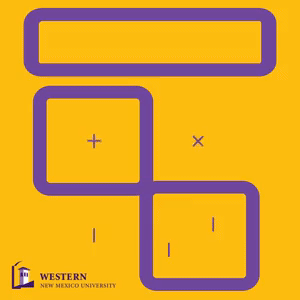We often hear debates about the outcome of elections, the passage of laws, or the expansion of power by the federal government couched in terms of the disciples of Thomas Jefferson or Alexander Hamilton as having won. Jefferson envisioned the formation of this country as a nation of city states. The federal government would be generally weak with the exception of specific enumerated powers such as national defense, foreign relations, and interstate commerce. Hamilton generally felt a federal government should be stronger in order to keep uniformity and unity.
Jefferson believed in regionalism. By giving more power to the individual states, they were free to make decisions that benefited them. Agricultural states may not have faced the same challenges as industrial states. Each would be free to create regulations or laws that dealt with their situation. That generally meant the citizens that were most affected by these laws would have a more effective input into the creation of or opposition to laws being created by their state or municipal governments.
Jefferson also knew that regionalism would allow different states or areas to compete for citizens. If someone didn't like the way their town or state was being run, they were free to move to another state whose policies more closely reflected their values. States could create for example, economic conditions that were more favorable to business, thus attracting entrepreneurs and workers. That's why we see so many people leaving California and New York and fleeing to Florida or Texas.
More importantly however, Jefferson and his allies also knew that the consolidation of power facilitated the rise of corruption. With more consolidation of power and control delivered into the hands of a central government, one only had to convince a few people of the benefits of certain policies in order to have those policies enacted. It also meant those few people in control wielded great power that included the threat of negative consequences if someone did not comply. In history, that consolidation of power which leads to tyranny starts with things like misinformation also known as propaganda, censorship of opposing voices, and the criminalization of noncompliance. We have already seen this progression taking place in America.
We have the power to reverse this. Through the ballot box, especially with our participation in the election process to ensure integrity, we can send a message to politicians that do not represent our best interests. We can urge state and local politicians to enforce laws that the federal government refuses to enforce. See what Texas is doing with the protection of their border. Even though Border Patrol agents are being ordered to remove the barriers put up by the state of Texas, it is getting people's attention to the problem.
Finally, we have our voices. We must not be silenced by threats of being labeled as hateful. Words cannot hurt us if we speak the truth. Those who use such epitaphs or verbal and physical threats to silence those with whom they disagree are the ones that do not have the truth on their side. Those who must try to win at discussion through threats of physical violence are the ones that will lose the argument if we do not let their words intimidate or silence us. Nor should we be afraid of "offending" someone. If they are offended by the truth then they are not living in reality and they're what must be silenced rather than damage the world in which we actually live.








